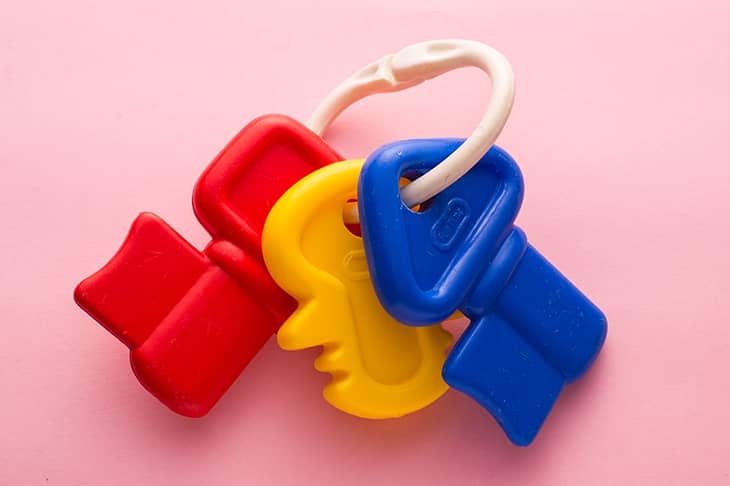I always knew that I didn’t want children, but also always knew that I wanted godchildren. Lots of them. One of the less-discussed aspects of the decline of the church in our secular age is the fact that this precious relationship, more than a millennium old, is increasingly scarce. Previously godparents were there to ensure a child’s spiritual development, as well as to have in reserve some handy grown-ups should something awful befall the parents. All this is still important, but the role has shifted. Its primary benefit now is to provide a wonderful extrafamilial link that spans the generations, creating an instant and enduring bond between a child and the wider world.
My parents knew that I would be an only child and so threw tradition to the wind by gifting me five godparents (it used to be customary to enlist two godparents of the same sex as the child and one of the opposite). Mum and Dad signed up the best men and women they had for the role — all of them non-believers, incidentally — and they swiftly became the aunts and uncles that I never had. My relationship with them has defined, and continues to define, the contours of my emotional life. I now have four godchildren of my own, ranging in age from 27-year-old Louisa (I was a gymslip godmother, I hasten to add) down to Clara, who is two and a bit. Two of them have birthdays within a week of each other in early January, meaning that the December/January gifts bill has always been hefty.

Why do I set such store by this increasingly arcane — in the eyes of the world at any rate — relationship? Its prime value lies in its liminality, connecting a child to an adult who is neither a parent nor a teacher.







Comments
Join the debate for just £1 a month
Be part of the conversation with other Spectator readers by getting your first three months for £3.
UNLOCK ACCESS Just £1 a monthAlready a subscriber? Log in